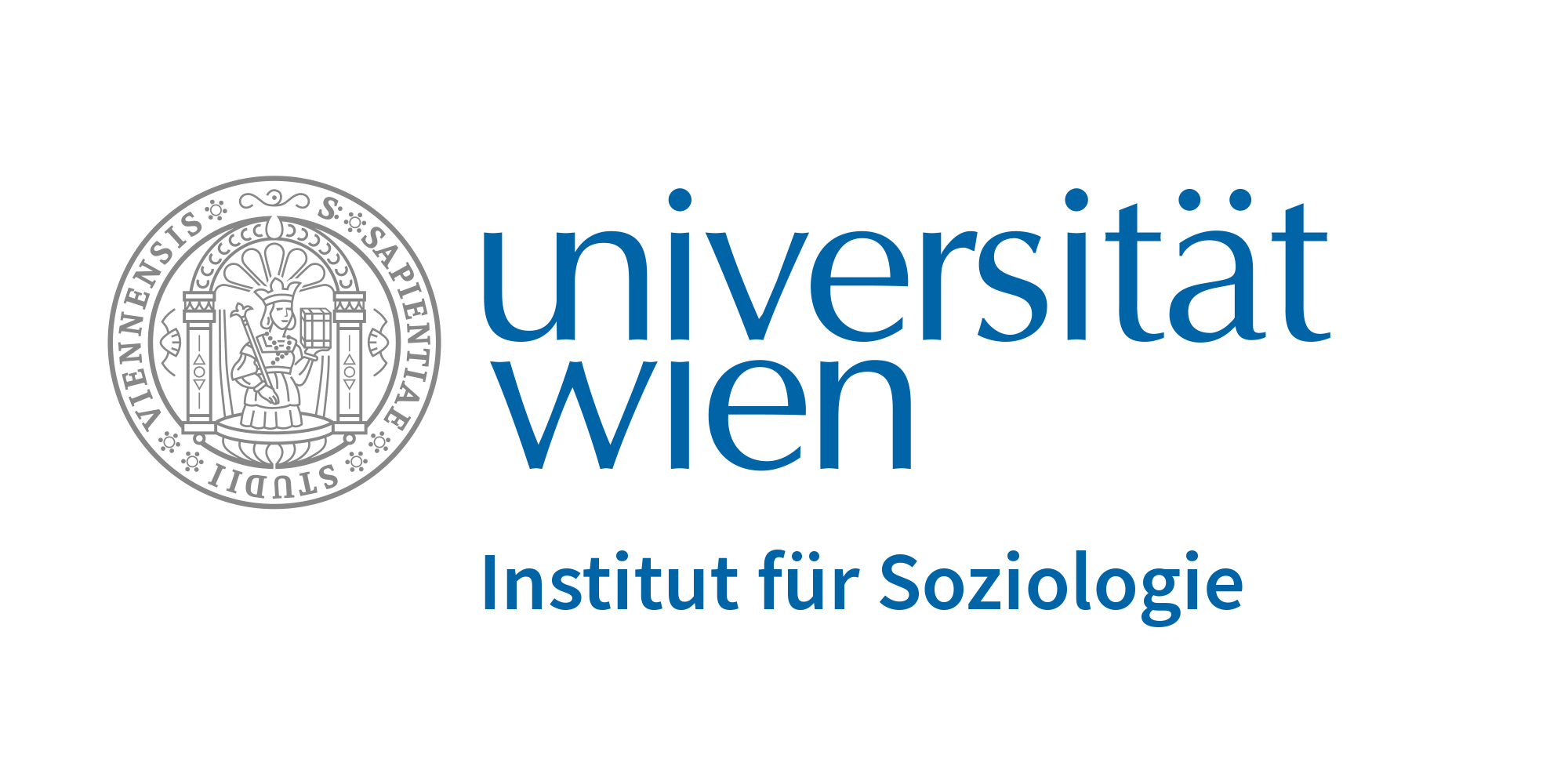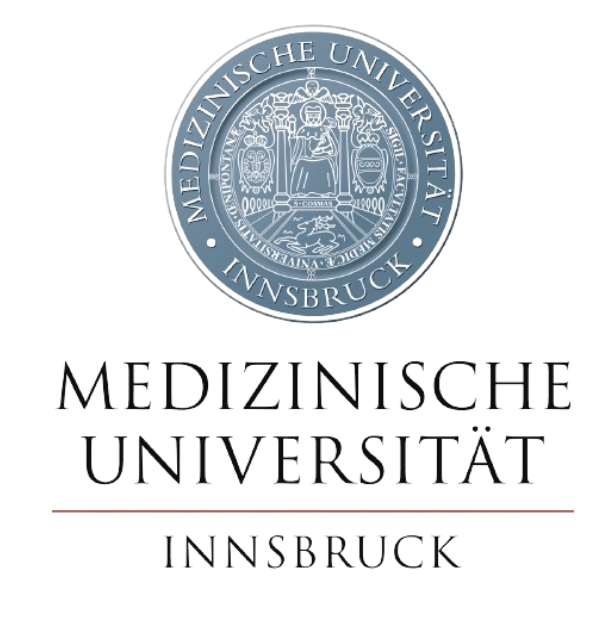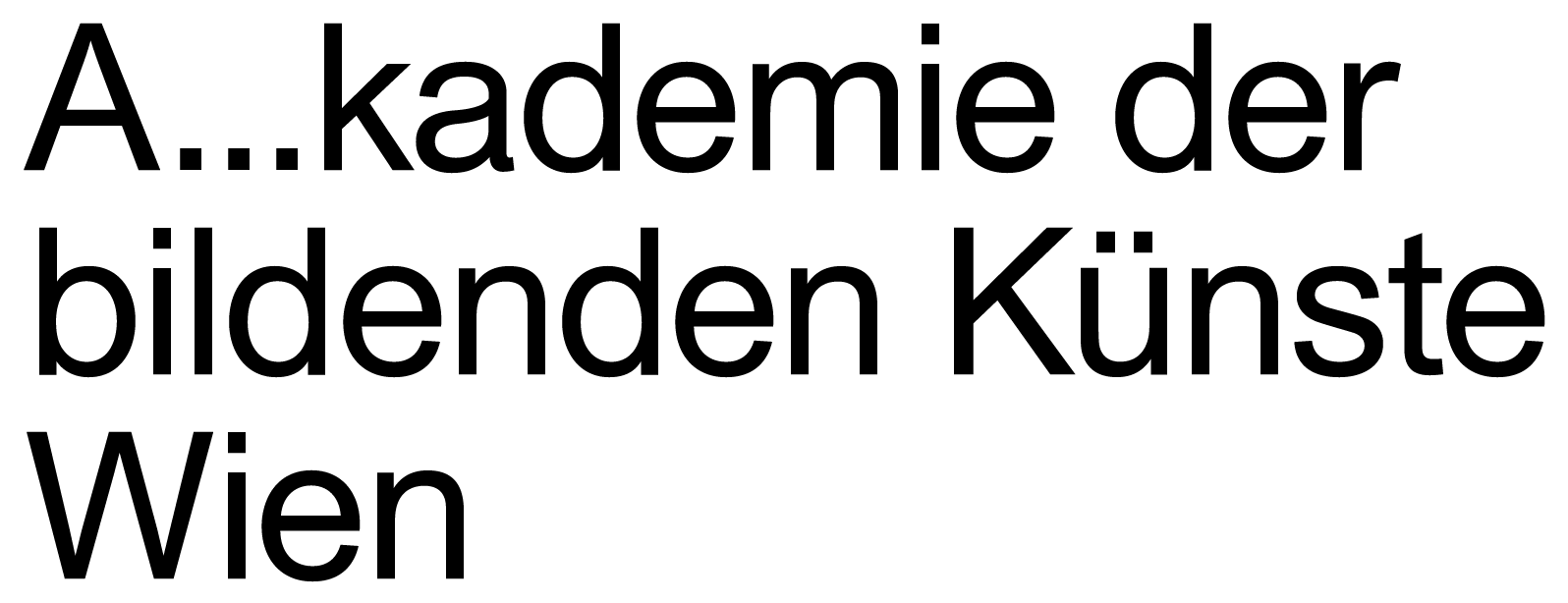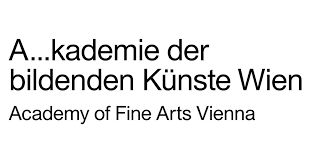Researching Discrimination with Citizen Science
Discrimination is often difficult to grasp, both in everyday life and in research. By involving citizen scientists, we aim to broaden knowledge about discrimination.
What are the aims of the project?
Racist discrimination and stigmatization are difficult to grasp both in everyday life and in research, as they are often hidden behind naturalizations or justified with different rationales and intersectional categories. By involving people with different horizons of knowledge and experience in the analytical process, the citizen science project aims to deepen the sociological understanding of ethnoracial exclusion including the perspectives and interpretations of citizen scientists – thus expanding the interpretations of the academic researchers.
How can you participate in research?
At the beginning of the project, participants are introduced to basics of the analysis of qualitative data. In interpretation workshops, participants then work together in small groups and analyse interview passages from a current research project (for more information see demico.univie.ac.at). They discuss their interpretations and collect important points in writing. Later on, there is also the opportunity to contribute to the publication and presentation of results. Experience with research is NOT a requirement, on the contrary: participants are (adult) persons WITHOUT trainingn in social sciences. The only criterion for participation is an interest in research on the subject of discrimination.
https://www.citizen-science.at/en/immerse/tag/gender#sigProId42b227e4a7


Austrian Science Fund (FWF): 10.55776/TCS150
Healthy Minds
Mental Health around Childbirth
This project focuses on the mental health of parents around childbirth, aiming to detect issues early and provide better support. The goal is to promote the emotional well-being of parents and infants and improve access to support services in Tyrol.
What are the aims of the project?
The Healthy Minds project aims to promote parents' mental health during pregnancy and early parenthood and close existing gaps in care. The focus is on improving the early detection of mental illness and access to suitable support services in Tyrol, particularly in regions with limited resources. The aim is to offer those affected support at an early stage, reduce stigma and raise awareness of perinatal mental health. Through workshops, an awareness campaign and new, needs-based support services, the aim is to promote open dialog and deepen understanding of the challenges of parenthood. The project is based on a participatory approach that actively involves parents in the development and design of interventions in order to create culturally appropriate and effective solutions for affected families in the long term.
How can you participate in research?
Interested citizens can actively participate in the Healthy Minds project and strengthen the mental health of parents in Tyrol by taking part in workshops, focus groups and interviews, contributing their personal experiences and perspectives and thus helping to shape the development of new support services. The evaluation of measures, such as the awareness campaign, also offers the opportunity to directly influence the project. In addition, people can participate in the so-called competence group, which consists of people with lived experience and advises our research activities at irregular intervals. Participation in all our activities can take place both online and offline. Regular updates and opportunities for participation are communicated via newsletters and social media. The aim is to promote close collaboration between citizens and researchers in order to develop practical and culturally appropriate solutions for affected families. Participation is designed to be easily accessible to all interested parties, even without prior knowledge. Every voice counts to create a better understanding of the challenges faced by new parents.

This project fulfils version 1.1 of the quality criteria for citizen science projects on Österreich forscht.
Stories of Post-extractive F*utures
The shrinking town of Eisenerz lies at the foot of the Erzberg mountain, Austria’s largest and best-known site of extraction of iron ore. The post-industrial town is experiencing a rural exodus, which concerns women in particular. The spatial practices of mining areas have been under-researched using inclusive methods. Mining is predominantly narrated in male, heroic narratives, while counter-narratives of repair, care, reproduction and maintenance are mostly overlooked.
Within this complex field, the project focuses on intersectional feminist perspectives on an area of exhaustion; it will collect feminist post-extractive stories to broaden the perception of mining areas and strengthen the focus on feminist narrations for future perspectives. We ask: Which practices contribute to the continuance of the community? The project shows and discusses the spatial practices of repair amid extraction with multiple actors. We work with local associations to reach diverse groups.
Thinking and knowing with the diverse, often surprising, actors and their practices, the citizen scientists shape the project on several levels: they collect and locate stories of practices, they research private archives, and they report and sometimes even organize. Processes of mutual learning take place in meetings and shared activities, and through the process of transformation into drawings by the East Styrian artist Roswitha Weingrill. Based on collaborative science and an affirmative and inclusive approach, citizens are involved in decisions on many levels, especially concerning their contributions and their representation. The collected knowledge will contribute to creating imaginations of future stories of a liveable community. With the help of artistic methods, these will be illustrated and made accessible in public discussions.
Via strategies of making visible, bringing together, and anticipating and activating futures, and also with the help of artistic tools of knowledge production, this project will show practices as constant reparative counter-practices amid extraction. An ethical, intersectional framework of feminist citizen science will revive the margins of how we know about environmental exploitation to deliver a complex, yet profound, image of a polyphonic Anthropocene that allows for imagining dynamic assemblages after exploitation.
Photo gallery
https://www.citizen-science.at/en/immerse/tag/gender#sigProId50bd6c7cc8
This project fulfilled version 1.1 of the quality criteria for citizen science projects on Österreich forscht.
Salon of Open Secrets
It is an open secret that hardware operating on our smart devices contains not only plastic, but also conflict materials such as tungsten, tin, tantulum and gold. Technology is therefore not neutral. These resources are mined in conflict regions, assembled to electric circuits under harmful labour conditions and mostly ending up in contaminating landfills. This pollution is best understood as an enactment of ongoing colonial relations to Land.
Arts-based research methods seize artistic practice to unpack complexity. Through opening up our artistic research project to citizens we want to make this phenomenon tangible. Intersecting Art and Science needs to be an experience of empowerment, of encouragement to find new ways.
This Citizen Science projecttackles sensitive issues through an online game that introduces the player to alternative technologies. Participants in our workshops (at the Technisches Museum Wien, the Academy of Fine Arts Vienna children’s university, Maker Fair Vienna and three Viennese schools) can become players and navigate through different scenes to meet specific characters as avatars. These avatars represent real people from around the world, collaborators in our main research project. Through this form of interactive storytelling young people are invited to become inventors of green and fair hardware themselves, to network among each other and transform their ideas into actual prototypes in the next phase of the project.
Through the term Ethical Hardware we want to describe technology that does not harm the environment, but embraces restorative practices for the benefit of nature and inhabitants alike.
There are strong social movements among teenage, female* and non-binary creatives who share similar values (Extinction Rebellion, Fridays For Future). Our Citizen Science Project addresses the lack of communication between academia and the youth movement. We would like to explore the creativity and transformative work performed by young citizens, specifically from minorities, by offering a playful entry point to our research. We hope that the visions contributed by CSs will transform our theoretical definition of what imagining future technologies entails, and vice versa give participants the chance to discover alternative futures. This way together we hope to gain the necessary strengths to face this crisis.
Our research team composed by artists researchers Stefanie Wuschitz and Patrícia J. Reis at the Academy of Fine Arts in Vienna and the citizen scientists will together with the Technisches Museum Wien (TMW), our national research partner, make the research results operative for use in classrooms and after school programs.
This project fulfils version 1.1 of the quality criteria for citizen science projects on Österreich forscht.







